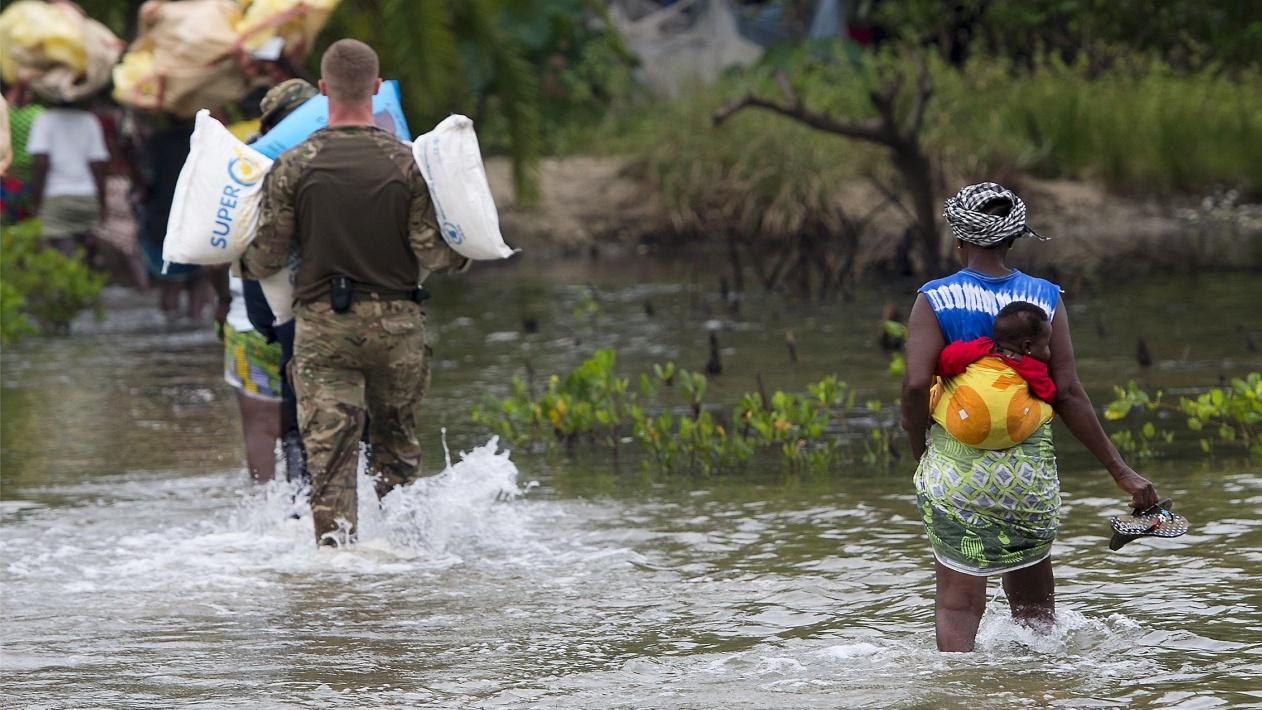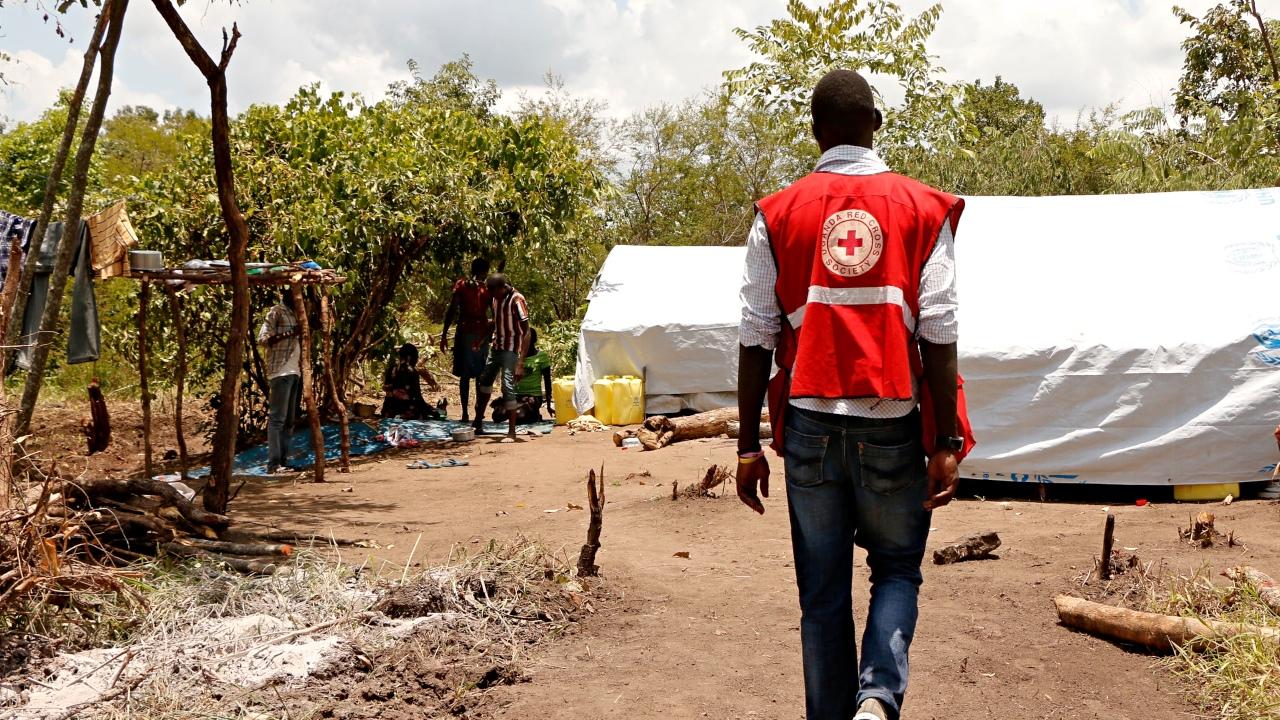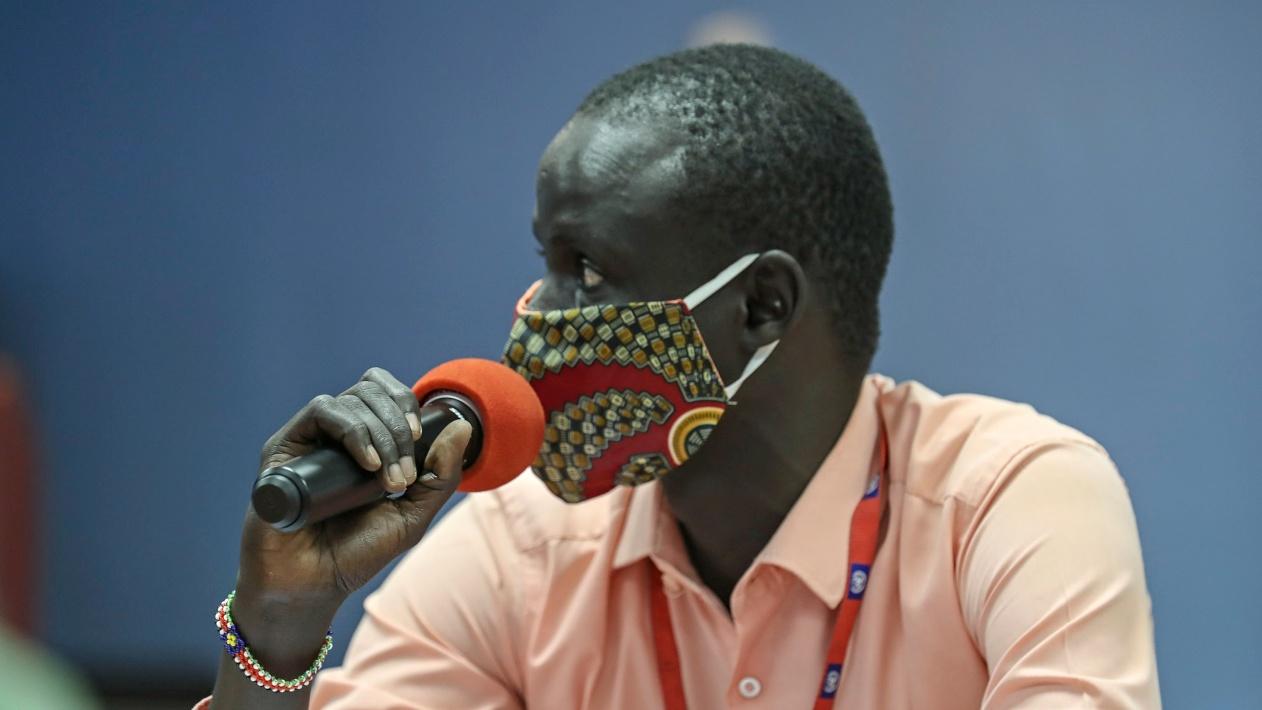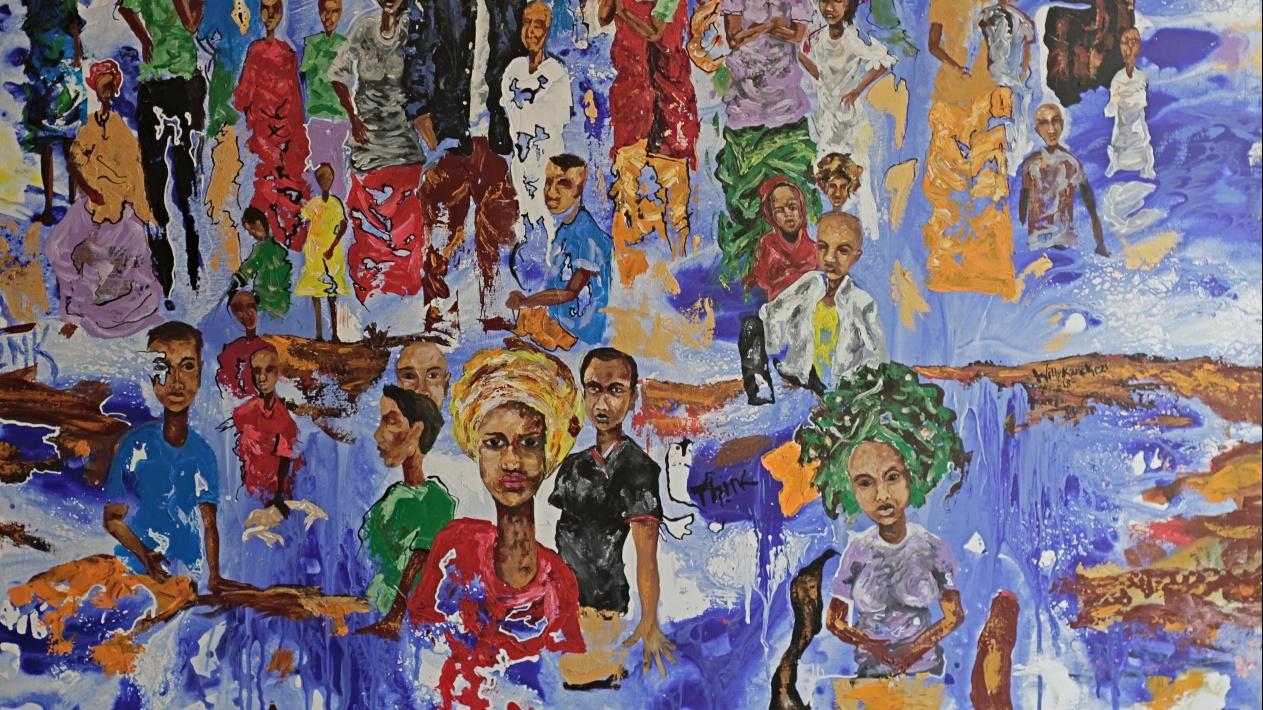Virtual methodologies for remote fieldwork have become commonplace during the COVID-19 pandemic, often driven by research interests in Europe to collect data in Africa. But changing practices and new possibilities raise ethical and theoretical implications. LSE’s Dr Liz Storer recaps a recent panel addressing these concerns and distinguishes between the relevance of old and new ethnographic questions.
COVID-19 restrictions have fundamentally altered possibilities for fieldwork-based research in the social science and humanities. As it becomes clear that digital methods represent more than a stop-gap, while conventional projects are ‘put on ice’, it is important to explore the ethical and theoretical implications of shifts to virtual methodologies.
To begin to answer these questions, a two-panel virtual discussion was jointly convened by the LSE Firoz Lalji Institute for Africa, the University of Johannesburg and the University of Oxford to discuss the future of fieldwork in a post-pandemic world. The panels focused on methods, ethics and transnational collaborations, and drew connections between digital shifts in European and African countries. Speakers included Tapiwa Chagonda (University of Johannesburg, South Africa), Duncan Omanga (Social Science Research Council, USA), Rosemary Okello (Strathmore University, Kenya), Ronald Kalyango Sebba (Makerere University, Uganda), Ylva Rodny-Gumede (University of Johannesburg, South Africa), Nicole Stremlau (University of Oxford) and PERISCOPE members Andrea Renda (CEPS, Belgium), Laura Bear (LSE) and Tim Allen (FLIA).
While digital shifts to many have ushered in new possibilities for access and reach, all panellists emphasised that the embrace of virtual methods necessitated asking new and old questions about research encounters.
New questions about fieldwork
Using digital media to conduct interviews or gather data necessitates asking new questions specific to the digital realm. As has long been highlighted by communications scholars, data itself is imbued with questions of inequality, control and ownership. These issues play out differently according to the politics within national contexts, as noted during the event by Sebba and Allen. In repressive regimes, for instance, the manipulation of the internet, most evident during total shutdowns, may mean that field can simply disappear.
Moreover, the shift to the digital has implications for the amount of data that can be collected, the number of interviews conducted and the number of participants reached. While some aspects can sound positive, a warning by Renda offered a telling metaphor: ‘data is not the new oil, and oil not necessarily good for all!’ The increased quantity of data does not necessarily assure quality. Using Whatsapp, Facebook, Zoom, Telegram or Twitter to collect qualitative data necessitates asking questions specific to the medium. Using Whatsapp or Facebook for research, for example, holds specific implications for data ownership, and the potential exposure of the contributions of research participants. What does privacy mean in contexts where data is owned by transnational corporations and where regulations over data governance can abruptly change? Beyond implications of ownership, each platform features specific norms of language, communication and access. Each digital media has its own power relations, and methods cannot simply be transferred from physical to digital realms.
There are always power dynamics in the field
Ronald Kalyango Sebba, Makerere University, Uganda
The use of digital media does not simply erase the inequalities of access. Chagonda proposes an exploration of new media by foregrounding the lens of ‘digital inequities’. Do digital methods simply replicate older inequalities which have been a feature of social science research? For example, Europeans with faster internet connections may benefit from advantages while many African colleagues face higher data costs and (often) poorer connections. In some cases, the wave of digital optimism threatens to obscure attention to inequalities as to whose voices are amplified by digital technologies.
Within most countries, there are obvious divides between urban and rural groups. Bear notes that while digitally literate populations fluent in online vernaculars may become ‘hypervisible’, those who cannot access media may be invisiblised in data sets. There are also issues with consultation. In the South African context, Chagonda asks whether anyone has even asked representatives from poorer communities whether they are comfortable with virtual technologies. Ultimately, Okello asks what these inequities mean for digital rights, and how we can use rights as an entry point to a process of getting information.
Panellists noted that digital inequities also occur within research teams. In many research projects, principal investigators – often located in Euro-American universities – may be ‘remote’, yet junior colleagues located closer to the ‘field’ have continued to do fieldwork, in some cases contravening requirements of social distancing and exposing themselves to viral risk. This differential exposure necessitates further mapping and exploration, as some researchers are placed in the position of ‘key workers’, while others are protected.
In essence, the shift to the digital warrants exploration as to how specific channels and emerging dynamics affect equity in research processes. While aspects of these shifts are new, panellists emphasised how virtual transitions mapped onto older conversations about research ethics.
Older concerns
In this attention to inequalities, Omanga explained that the power of COVID-19 may be to bring attention to longer histories of Euro-American engagement in African research:
‘this issue of remoteness is not new, the study of Africa has always had this debate about distance and remoteness, whether we talk about translation, mediated forms, or parachute interviews. There has always been a mediated form of reaching populations’.
Similar dynamics of remoteness have also long been a feature of many research projects whereby ethical clearance is negotiated in a faculty which decides research topics and sites, away from (often) vulnerable and marginalised communities themselves. In other ways, too, COVID-19 provides a moment to scrutinise the ethics of research practices in unequal and globalised contexts – to draw attention to older questions in fieldwork-based disciplines.
Bear notes that crisis moments are critical junctures to assess for whom research bears value. COVID-19 then provides a moment to pause and contemplate which research encounters are necessary, and what is responsibility of researchers in times of upheaval. While COVID-19 is new, the attention of anthropologists on assessing the implications of specific contexts and crises is not. In this way crisis moments represent an extension of ongoing questions of how to adapt research design and ethics to the specifics of the fieldwork context. Rather than ushering in a new research epoch, the pandemic provides a moment to reflect and continue to negotiate older principles. In the same way as informed consent requires nuanced approaches in vulnerable communities, how can this process be navigated based on groups’ interaction with digital media? Just as ethnographers are wary of parachuting into physical communities and organisations, how can field workers avoid invading digital spaces?
In a similar vein, older ideas of participation, community and mutuality drive adaptation to new digital mediums. If communities are being (re)shaped through online forms, such as mutual aid groups in the UK, what insights can ideas of community, and questions of inclusion and exclusion, which lie at the core of the anthropological discipline, yield against physical/virtual groups of mutual aid.
The post-pandemic future
In a moment where many researchers are experiencing a loss of control over the conventions of their discipline, it is important to differentiate reality from representation. Such a task can be driven through applying older and newer concerns to post-pandemic fieldwork. A consideration of inequities and ethics must lie at the centre of conversations regarding the transformation of disciplines as field sites are challenged and transformed.
Photo by Christina Morillo from Pexels.






We are living in such difficult times for everyone, pandemic changes everything. It is very interesting and important topic about fieldwork during covid. Great article, thanks.